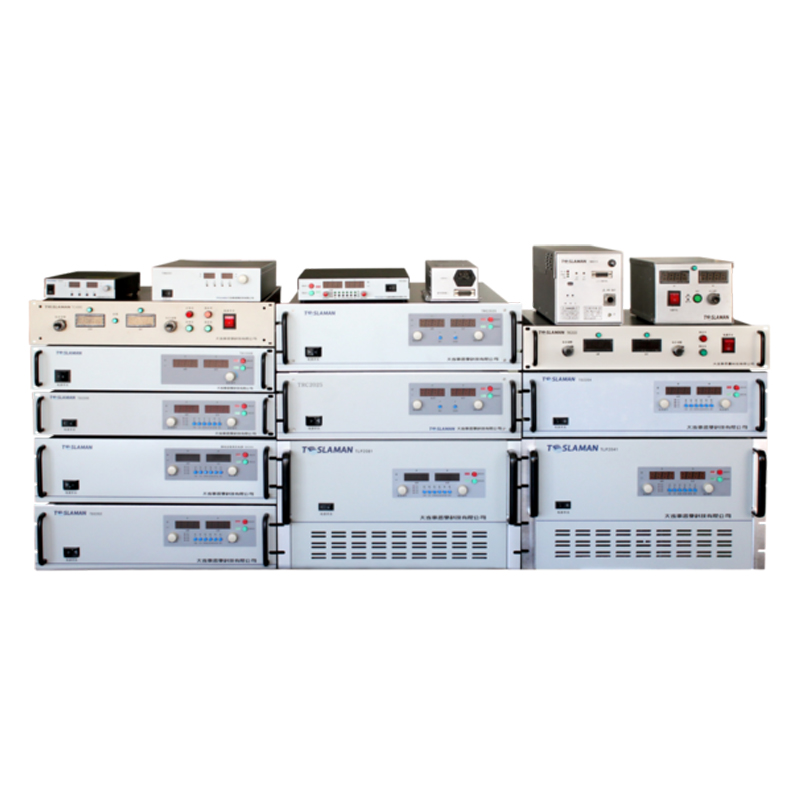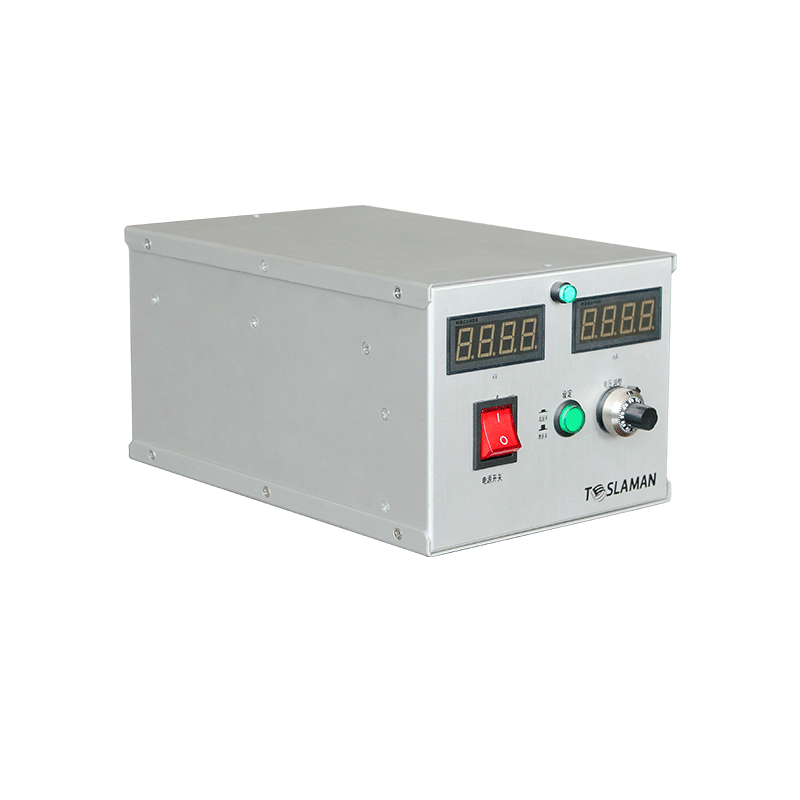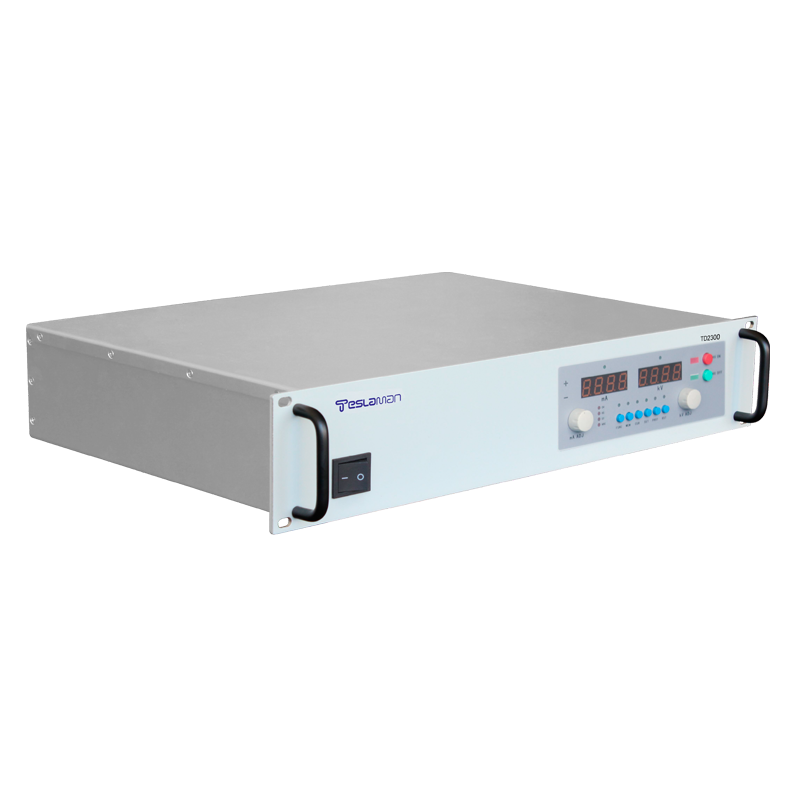Reliability Verification and Performance Analysis of High-Voltage Module Power Supplies in Solar Photovoltaic Inverters
With the transformation of the global energy structure and the continuous development of renewable energy technologies, solar photovoltaic power generation, as a clean and efficient form of energy, is attracting increasing attention. As the core equipment in the photovoltaic power generation system, the performance of the solar photovoltaic inverter directly affects the stability and efficiency of the entire system. In this context, the application of high-voltage module power supplies in solar photovoltaic inverters and their reliability verification and performance analysis are particularly important.
I. Overview of High-Voltage Module Power Supplies
High-voltage module power supplies are a type of power supply device that uses high-frequency switching technology to convert low-voltage electrical energy into high-voltage electrical energy. They have the advantages of small size, high efficiency, low temperature rise, and low electromagnetic interference, so they have been widely used in modern power electronics technology. In solar photovoltaic inverters, high-voltage module power supplies are mainly used for the boost of the DC bus voltage and the generation of the inverter output voltage.
II. Reliability Verification Methods
When applying high-voltage module power supplies in solar photovoltaic inverters, it is first necessary to verify their reliability. This mainly includes the following aspects:
1. Environmental adaptability testing: Simulate various harsh environmental conditions, such as high temperature, low temperature, high humidity, etc., to test the stability and performance changes of high-voltage module power supplies under these conditions.
2. Electromagnetic compatibility testing: Evaluate the working performance of high-voltage module power supplies in strong electromagnetic interference environments to ensure that they will not affect the overall performance of photovoltaic inverters due to electromagnetic interference.
3. Long-term operation testing: Through long-term continuous operation testing, test the lifespan and reliability of high-voltage module power supplies to ensure that they can work stably throughout the entire life cycle of photovoltaic inverters.
4. Fault simulation testing: Simulate various possible fault conditions, such as short circuit, overcurrent, overvoltage, etc., to test the fault protection capability and recovery performance of high-voltage module power supplies.
III. Performance Analysis
On the basis of reliability verification, it is crucial to analyze the performance of high-voltage module power supplies in solar photovoltaic inverters. The main performance indicators include:
1. Conversion efficiency: The conversion efficiency of high-voltage module power supplies directly affects the overall efficiency of photovoltaic inverters. Efficient conversion means less energy loss, thereby improving the economy of photovoltaic power generation.
2. Output voltage stability: Stable output voltage is the premise to ensure the normal operation of photovoltaic inverters. High-voltage module power supplies should have good output voltage stability to ensure the quality of the electrical energy output by the inverter.
3. Power density: The power density of high-voltage module power supplies determines the space they occupy in photovoltaic inverters. High power density means smaller size and lighter weight, which is beneficial to the miniaturization and lightweight of photovoltaic inverters.
4. Dynamic response speed: During the photovoltaic power generation process, changes in illumination intensity and load may cause fluctuations in the DC bus voltage. High-voltage module power supplies should have a fast dynamic response speed to quickly adjust the output voltage and maintain the stable operation of photovoltaic inverters.
IV. Conclusion
In summary, the application of high-voltage module power supplies in solar photovoltaic inverters has broad prospects. Through strict reliability verification and comprehensive performance analysis, the maximum performance advantages of high-voltage module power supplies in photovoltaic inverters can be ensured, providing strong support for the stable and efficient operation of photovoltaic power generation systems. In the future, with the continuous advancement of technology and cost reduction, high-voltage module power supplies will be applied in more fields, promoting the sustainable development of renewable energy.




















